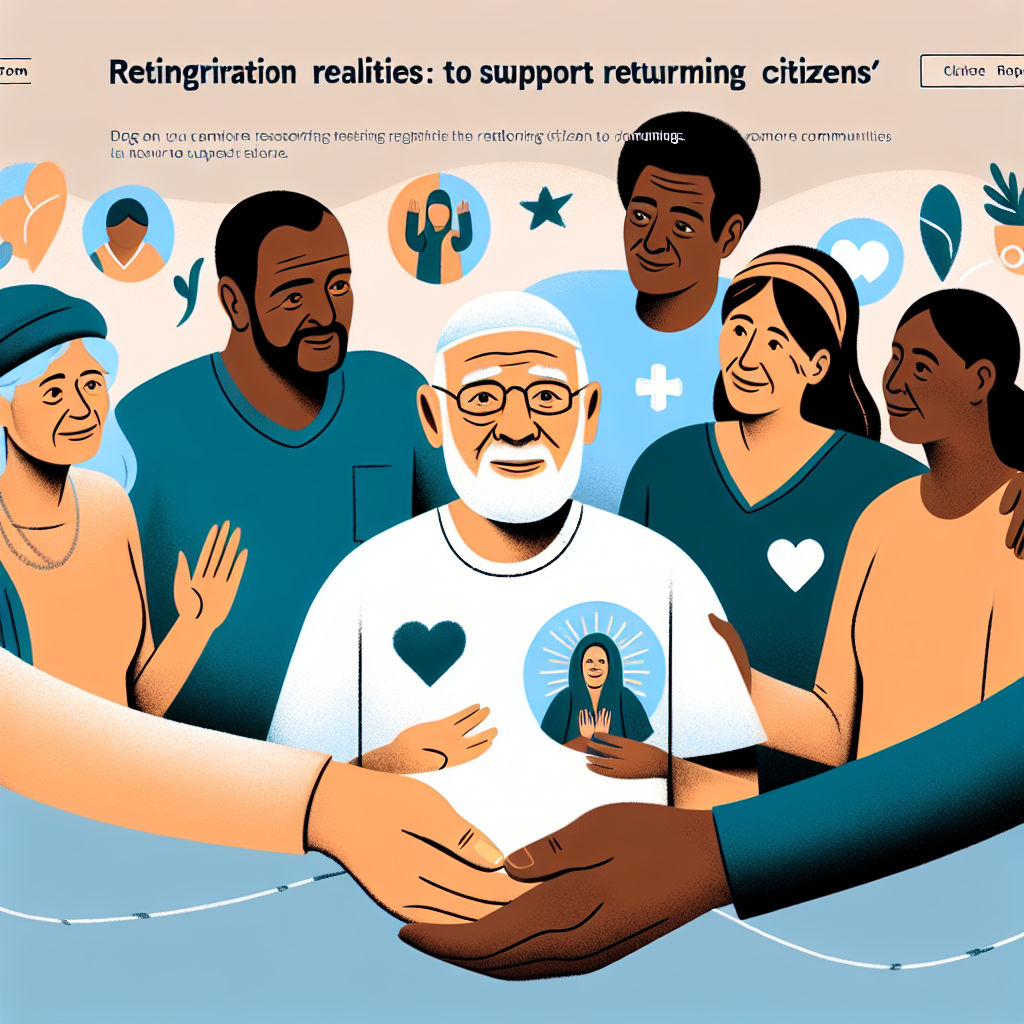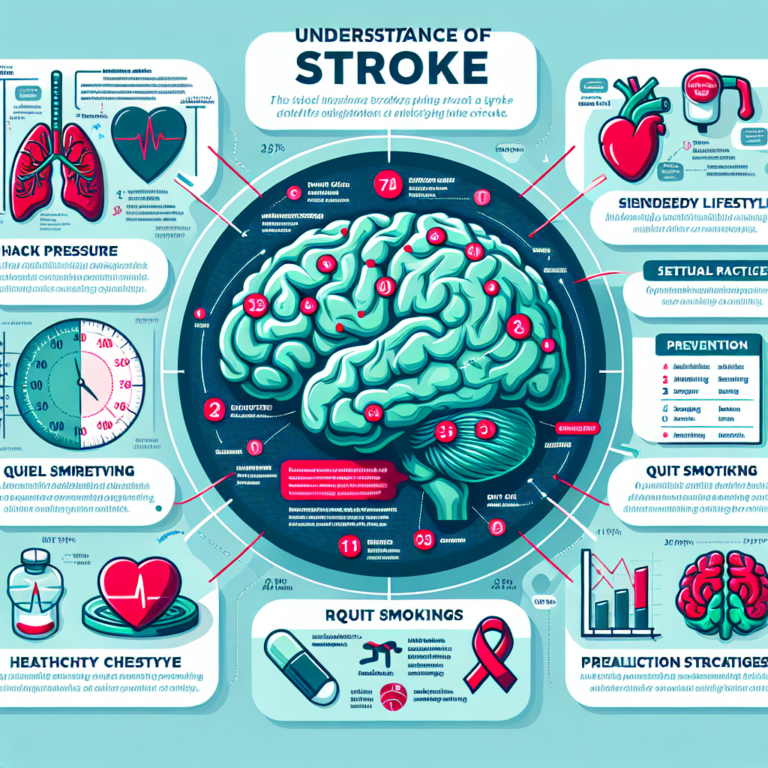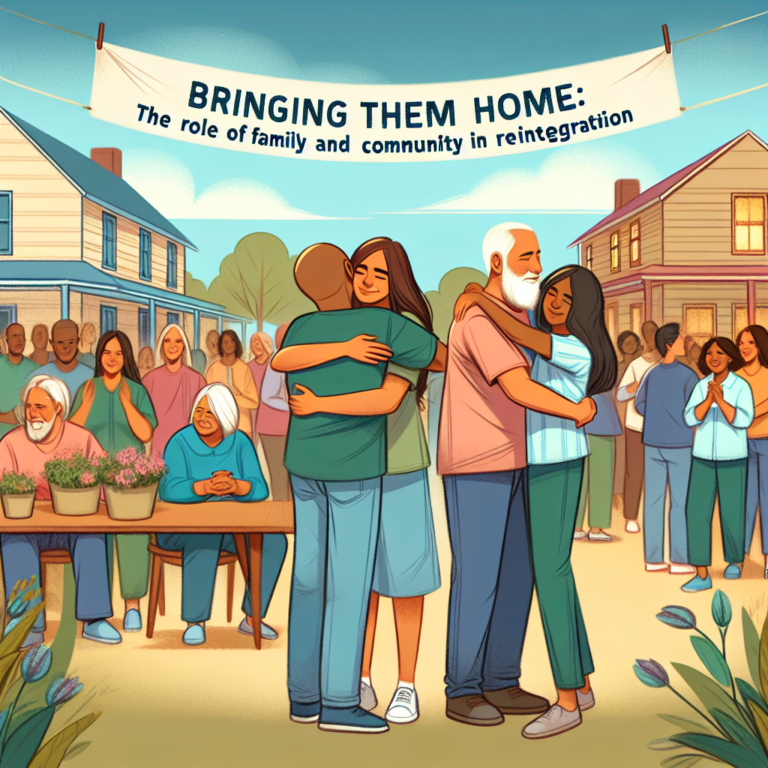
Introduction
Imagine a world where every returning citizen is greeted not with suspicion, but with support. This is not just an idealistic vision; it can be a reality. Reintegration is a multifaceted journey filled with challenges that require not only the effort of returning citizens themselves but also the active involvement of their communities. Reintegration realities: what communities can do to support returning citizens extend far beyond mere acceptance—they encompass comprehensive strategies that foster belongingness, empowerment, and growth.
As the United States faces a reinvigorated focus on criminal justice reform and recidivism issues, the duty lies upon us—individuals, organizations, and neighborhood groups—to extend our hands and hearts. By understanding the nuances of reintegration, communities can play an essential role in transforming lives and, in turn, their own.
The Challenges of Reintegration
Understanding the Hurdles
The road to reintegration involves numerous barriers. Returning citizens often face a myriad of obstacles including, but not limited to, employment challenges, social stigma, lack of access to services, and mental health issues.
- Employment Limitations: Many employers are hesitant to hire individuals with criminal records due to fears of liability or public perception. This can lead to a cycle of poverty and despair.
- Social Stigma: The negative perception of people with criminal histories can lead to isolation and mental health issues, making reintegration even more challenging.
- Access to Resources: From healthcare to education, many returning citizens lack access to vital resources that can aid their adjustment to society.
According to a study by the Bureau of Justice Statistics, nearly 70% of those released from prison are re-arrested within five years. This alarming figure underscores the importance of community involvement in addressing these reintegration realities.
What Communities Can Do: Proactive Strategies
1. Build Support Networks
Case Study: The Reentry Network in San Francisco
One of the most compelling illustrations of community support is the Reentry Network in San Francisco. This initiative brings together various stakeholders including government agencies, non-profits, and community members to provide a robust support system for returning citizens.
Analysis: By fostering collaboration among different sectors, this model enhances resource distribution and creates a cohesive support network, making it easier for individuals to navigate rehabilitation.
Actionable Insights
- Organize community groups focused on supporting returning citizens.
- Appoint a community liaison to facilitate communication between local organizations and returning citizens.
2. Promote Employment Opportunities
Case Study: The Second Chance Program in New York
The Second Chance Program is an employment initiative that connects returning citizens with job opportunities and training. It utilizes partnerships with local businesses to create a direct channel for employment.
Analysis: This approach not only offers immediate job placement but also long-term career development, reducing recidivism rates significantly.
Actionable Insights
- Partner with local businesses to create job opportunities tailored to the skills of returning citizens.
- Implement training workshops focused on resume writing, interviewing skills, and workplace etiquette.
3. Create Accessible Mental Health Services
Case Study: The Mental Health Initiative in Los Angeles
Los Angeles has implemented programs providing mental health services to returning citizens, addressing both trauma and addiction. Accessible counseling services have shown a marked reduction in relapse rates among participants.
Analysis: Understanding the mental health challenges that returning citizens face can lead communities to create targeted programs that yield measurable improvements.
Actionable Insights
- Provide local mental health clinics with resources to specialize in services for returning citizens.
- Host community-based mental health workshops to destigmatize mental health issues and educate the public.
4. Foster Community Understanding and Awareness
Case Study: The Reentry Simulation Project in Atlanta
This project allows community members to experience a simulated reentry process, leading to a greater understanding of the challenges faced by returning citizens.
Analysis: Empathy is essential in breaking down the barriers of stigma; experiential learning can foster community support and create advocates for change.
Actionable Insights
- Organize workshops and interactive sessions to educate the community on the reintegration process.
- Utilize social media to share stories that humanize returning citizens, allowing community members to engage positively.
5. Establish Comprehensive Housing Solutions
Case Study: The Housing First Initiative in Seattle
The Housing First initiative provides stable housing for returning citizens without preconditions such as sobriety. This has resulted in improved stability and reduced recidivism rates.
Analysis: Stable housing is a fundamental need; when this need is met, returning citizens can focus on securing employment and rebuilding their lives.
Actionable Insights
- Collaborate with housing authorities to provide affordable housing options for returning citizens.
- Create transitional housing programs that include support services.
A Community Action Plan
Table 1: Key Community Actions for Supporting Returning Citizens
| Strategy | Action Steps | Expected Outcomes |
|---|---|---|
| Build Support Networks | Form alliances among local organizations | Enhanced resource sharing |
| Promote Employment Opportunities | Partner with businesses | Job creation and skill development |
| Create Accessible Mental Health Services | Establish clinics for tailored mental health services | Reduced relapse and improved well-being |
| Foster Community Understanding | Organize empathy-building workshops | Increased community support |
| Establish Housing Solutions | Collaborate on affordable housing programs | Stable living conditions |
Conclusion
As we immerse ourselves in the reintegration realities: what communities can do to support returning citizens, we realize that collective action can lead communities towards creating an environment that supports change and growth. Initiatives such as support networks, employment programs, mental health services, awareness campaigns, and housing solutions are not just benevolent gestures; they are investments in the social fabric that bind us all.
Communities have the power to transform lives. Thus, it is imperative that we take concrete steps to ensure that returning citizens, armed with hope and determination, can successfully reintegrate and thrive as integral members of society.
FAQs
1. What are the main challenges faced by returning citizens?
Returning citizens often deal with obstacles such as employment difficulties, social stigma, lack of access to resources, and mental health issues.
2. How can communities support returning citizens?
Communities can help by building support networks, promoting employment opportunities, providing mental health services, fostering understanding, and establishing housing solutions.
3. How effective are employment programs for returning citizens?
Employment programs have shown significant success in reducing recidivism rates by providing stable jobs and skill development opportunities.
4. What role does mental health play in reintegration?
Mental health significantly impacts the reintegration process. Access to mental health services can improve well-being and reduce relapse into criminal behavior.
5. What is the importance of community understanding in the reintegration process?
Community understanding and empathy can reduce stigma, facilitate support, and create a more accepting environment for returning citizens, thus aiding their successful reintegration.
In striving to understand and address the reintegration realities: what communities can do to support returning citizens, we cultivate not just healthier communities but also a more just and compassionate society. Let’s inspire change together!















